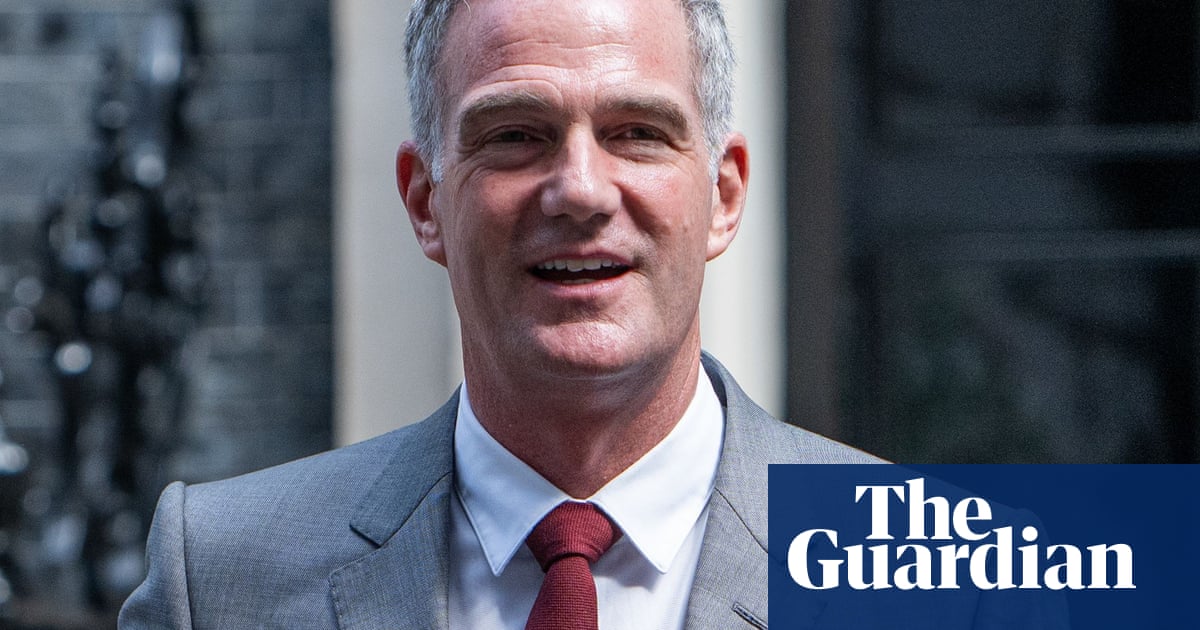Last month, new figures showed that one in four young people in England have a mental health condition. An unwillingness to examine the challenging social and economic conditions – from housing insecurity to financial concerns – means there can be a tendency to explain this rise as a result of overdiagnosis, although there is little evidence for this claim. Clinicians cite the criteria for diagnosis to show that overreporting is not substantiated – if anything, the severity of reported conditions has increased, in part due to a reduced stigma resulting in more people seeking help.
Young people with poor mental health are nearly five times more likely to be out of work, and there is a growing understanding that inadequate support around young people’s mental health in the workplace is driving them to leave or consider leaving their job. In response, the government has proposed cuts to under-22s’ health support.
While there isn’t evidence that removing financial support motivates people back to work, there are things we can change to make workplaces healthier environments – and, for the times when things are not OK, for poor mental health to be accommodated and supported.
Too often workplaces default to fear, competition, “everyone out for themselves” attitudes and poor trust between colleagues. In this context it’s dangerous to admit to struggling with your mental health, and there is still a tendency to see these struggles as a diversion from the norm rather than as a normal part of the human experience. Our mental health is also hugely affected by the social, economic and political conditions in modern society.
A lot can happen during our working life. Maybe a parent gets sick, we have caring responsibilities, we suffer an unexpected loss or financial difficulties: these can all trigger difficulties in our mental health. Alongside life events, persistent structural racism, classism and ableism take their toll. Having a workplace that recognises these factors – normalising all mental health struggles whether there is an immediate reason or not – can be important to being able to stay in work. A both rewarding and sad moment for me in my last few months of being a director at an NGO was a relatively new employee saying: “I know I can get sick here and it would be OK.” He had previously worked at another organisation where, when sick leave was taken, it would implicitly be viewed as an inconvenience to the rest of the team.
There is no shortage of people unhappy with their boss – in fact stress at work is the norm, and people who have a positive relationship with their workplace are in the minority. The UK has the highest percentage of workers globally who say they wouldn’t work at all if money were no object, with stressful working conditions cited as the main reason. There aren’t just bad apples – something is wrong with the way we organise our places of work. Since society individualises behaviour and managers’ or bosses’ flaws, there is no collective diagnosis for what’s going wrong or how to improve workplace culture and leadership, and raise the bar to a healthier level for what’s OK.
Young people are the first cohort to push back against this. They are demanding more from their workplace. This is part of a generational shift that is well under way: my four-year-old is taught emotional literacy at nursery and at home, taught to understand his full range of emotions and not to feel shame around them, while his grandparents’ generation is still stuck in the mindset that negative emotions such as sadness or anger are problematic and to be avoided and suppressed rather than understood. Against this backdrop, we should be seeing young people’s struggles with mental health as an invitation to understand not only their situation and context, but also our own.
To really undo the ableist concepts around mental health we absorb every day in society, often we need to have our own experience or to deeply empathise with someone close to us. For me, it was my own journey with depression while leading an NGO that forced me to rethink some of my beliefs. First it took me a long time to acknowledge and admit I was depressed. My internal view of myself didn’t allow it to register until a colleague and a friend, both of whom I admired, shared their experiences of depression with me. As I learned to manage my own struggle, I became kinder towards myself and shifted how I led. I was less controlling and more able to let go of things more easily. It became clear to me that it’s not only possible but preferable for high-performing teams to have a culture of care. Showing understanding for others’ situations is an important foundation for then being able to ask people to take responsibility for their own needs and the needs of their role.
While I was director we implemented policies and best practices we learned from other organisations, such as the use of a duvet day, when you could take time off without warning if you felt you needed a day in bed – a way of normalising taking days off for poor mental health. Getting the balance right isn’t always straightforward, and there is an ongoing need for self-reflection and accountability.
Part of what young people need in order to navigate their difficulties are emotionally mature adults who have their back and who want to understand root causes. What they often get are impatient older generations who think they are complaining too much. That has to change.
-
Fran Boait is a leadership coach, freelancer and writer

 7 hours ago
4
7 hours ago
4

















































